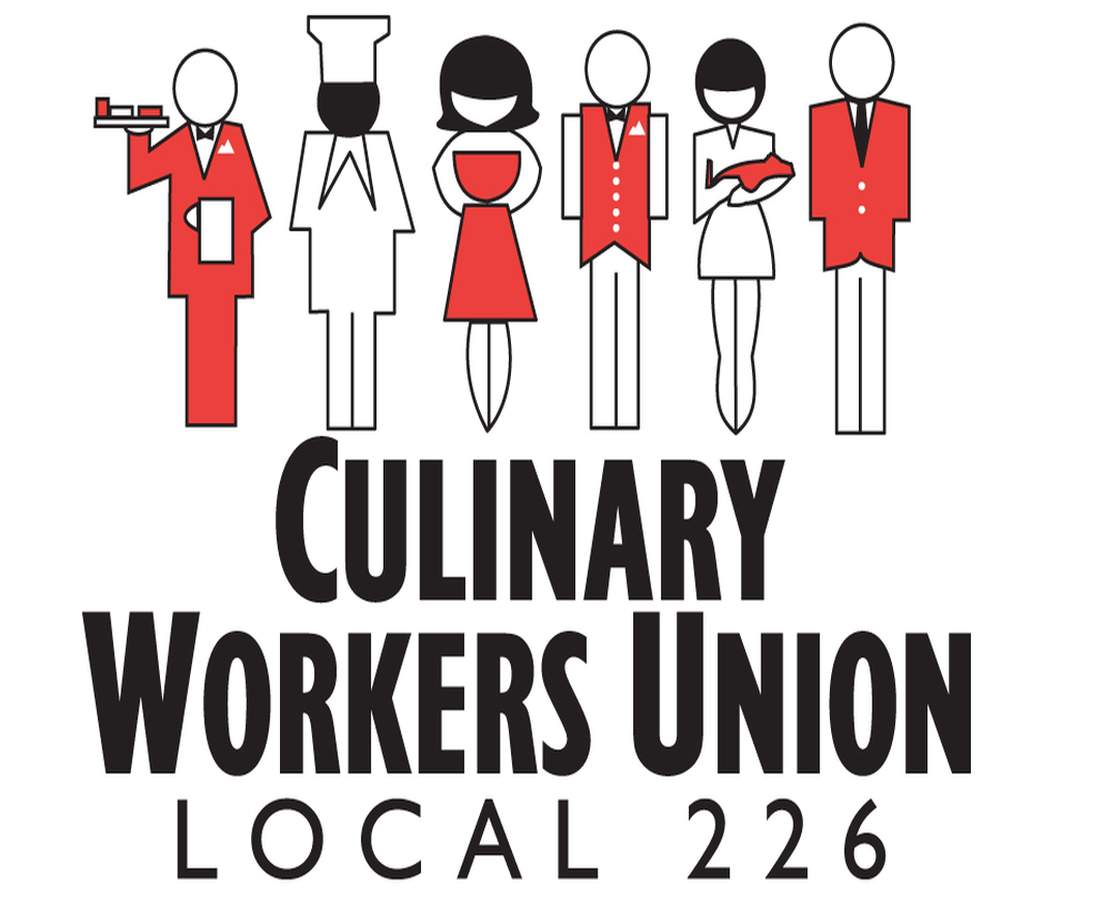The largest labor union in Nevada has come out in support of a proposed ballot measure aimed at legalizing a statewide cannabis industry in a manner similar to what is currently underway in Colorado.
On Monday, the Culinary Workers Union Local 226, an organization that looks after the labor interests of around 57,000 workers across the state, announced its support for Ballot Question 2 – a proposal that would allow adults 21 and over to purchase marijuana from retail outlets across the state. The union said it was endorsing the initiative because legal weed would take money out of the black market, create new jobs, and put more wages into pockets of regular, tax paying citizens.
“The people who care about good jobs, safer communities, and money for schools believe that voting Yes on Question 2 to regulate marijuana is the far more sensible choice,” Joe Brezny, a spokesperson for the Culinary Union, told the Las Vegas Sun in a statement.
If the voters approve Question 2 this November, a full-blown cannabis trade would be allowed to manifest throughout the state. However, local governments would still be able to enforce zoning regulations that prevent retail pot shops from opening up in their neck of the woods. Nevertheless, Nevada is still predicted to sell almost $400 million of marijuana during the first year of legalization, with a potential to stimulate the economy to the tune of $1.1 billion by 2024 – leading to the creation of more than 6,000 new jobs.
But will voters support Question 2 at the polls?
One of the latest surveys from the Las Vegas Review Journal finds voters are almost equally split on the issue. Forty-seven percent said they will likely support marijuana legalization in the upcoming election, while 46 percent said they opposed the measure. However, a KTNV/Rasmussen poll, which was published in September, found support for Question 2 at 53 percent, with 39 percent opposed.
One thing is certain – the fight to legalize marijuana in Nevada this November is destined to be a tight race. Let’s hope the Culinary Union’s endorsement provides the people with some clarity for why it is better to capitalize on this substance rather than continue to allow it reside in the black market.











